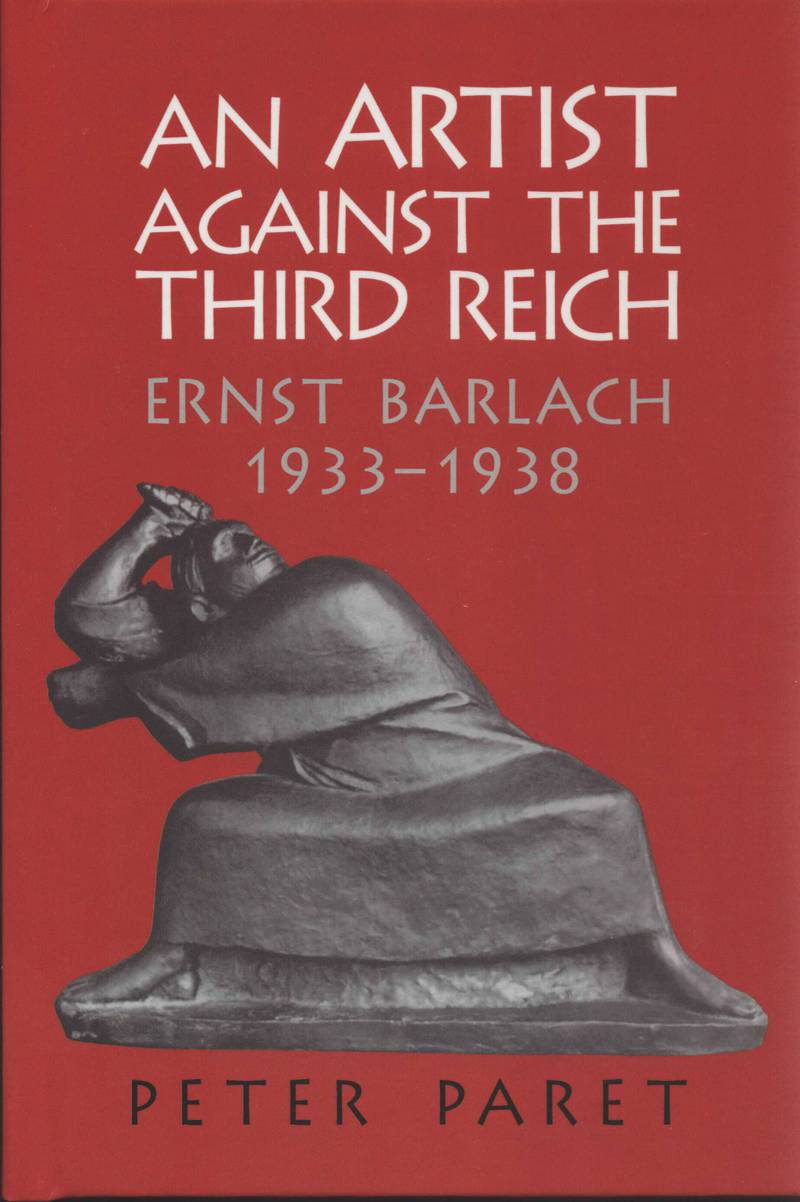The conflict between National Socialism and Ernst Barlach, one of the most important sculptors of the twentieth century, is an unusual episode in the history of Hitler's efforts to rid Germany of 'international modernism'. Barlach did not passively accept the confiscation and destruction of his sculptures. He protested the injustice, and continued his work. Hitler's rejection of modernism, often dismissed as absurd ranting, is instead interpreted as an internally consistent and politically effective critique of liberal Western culture. That some radical national socialists nevertheless advocated a 'Nordic modernism' and tried to win Barlach over indicates the cultural cross-currents running through the early years of the Third Reich. Peter Paret's closely focused study of an artist in a time of crisis seamlessly combines the history of modern Germany and the history of modern art.
- / Author
- / Mentioned
